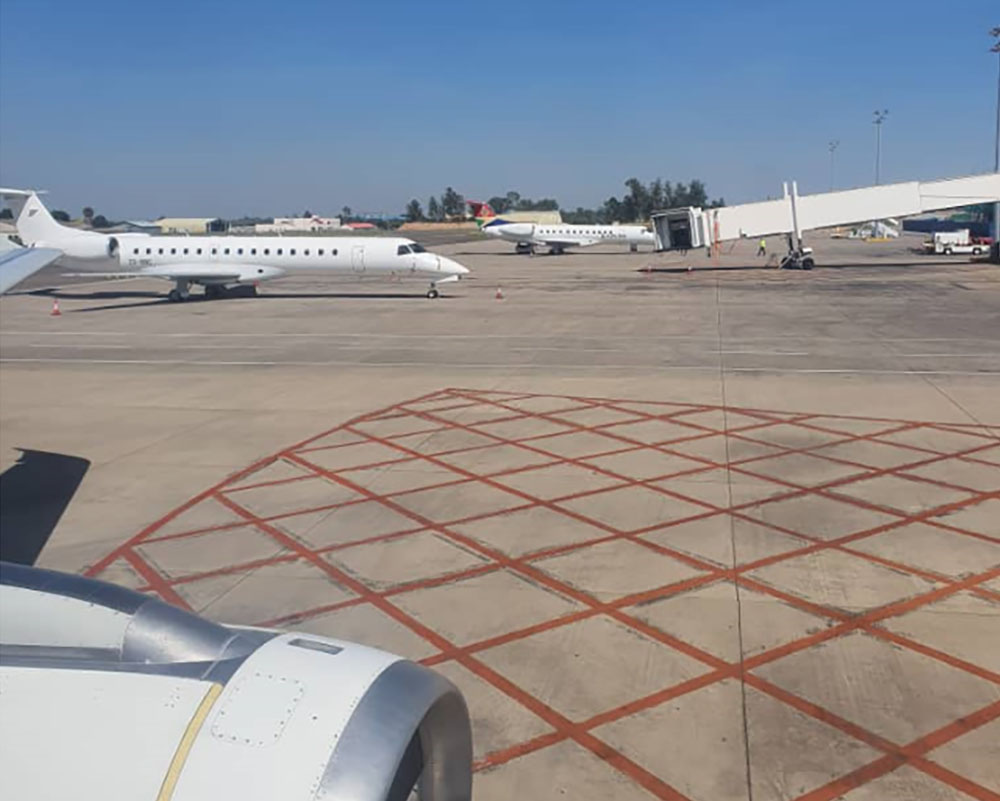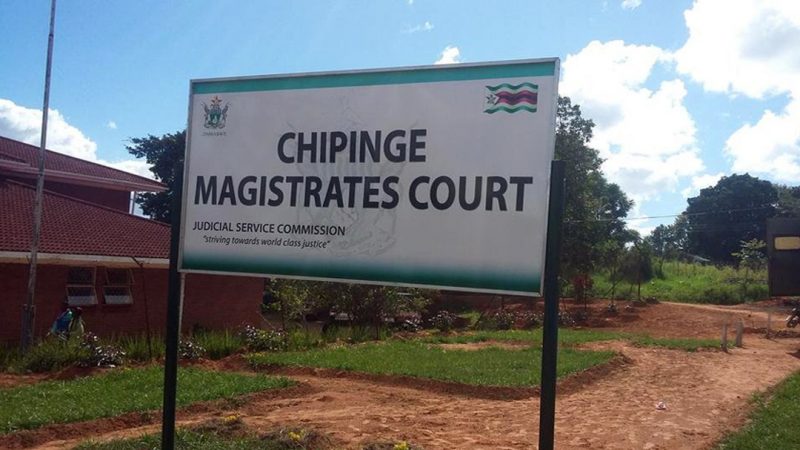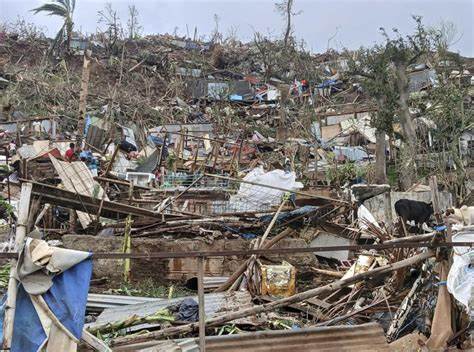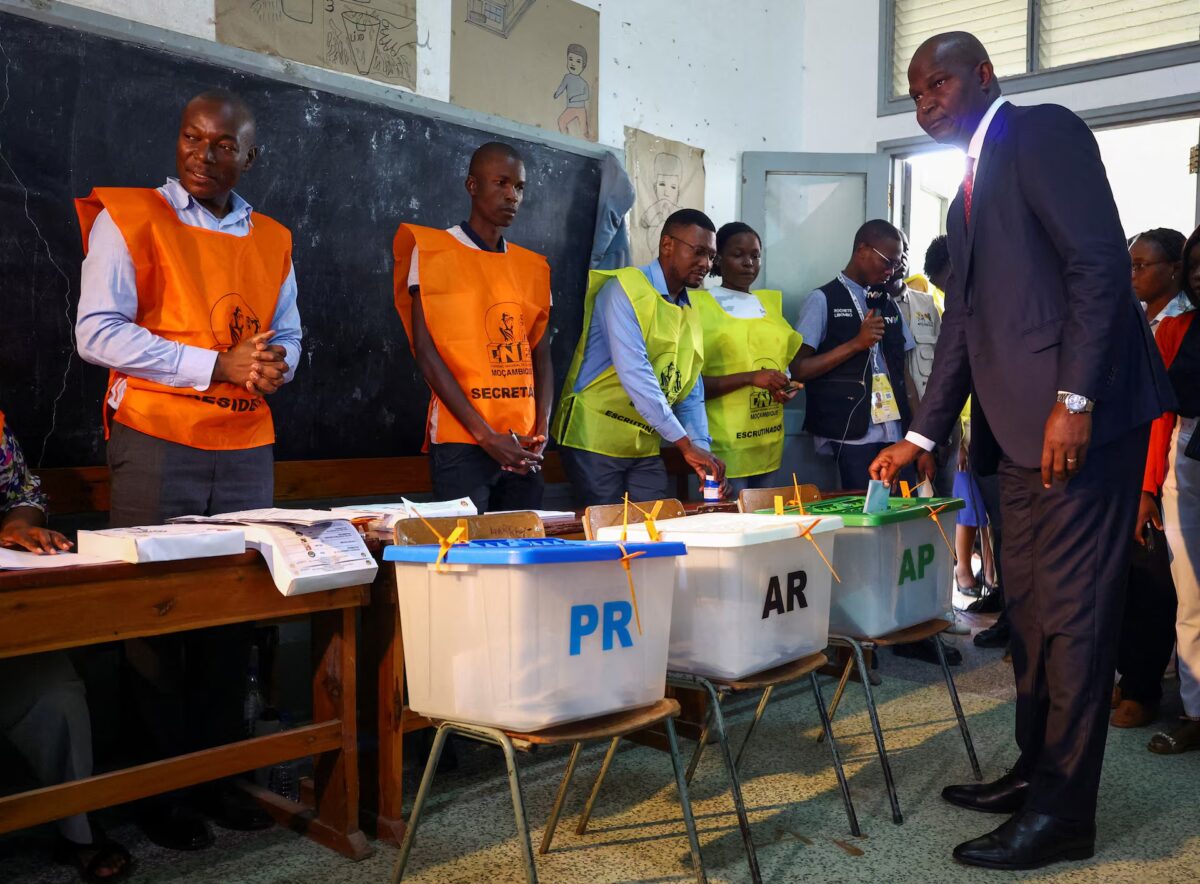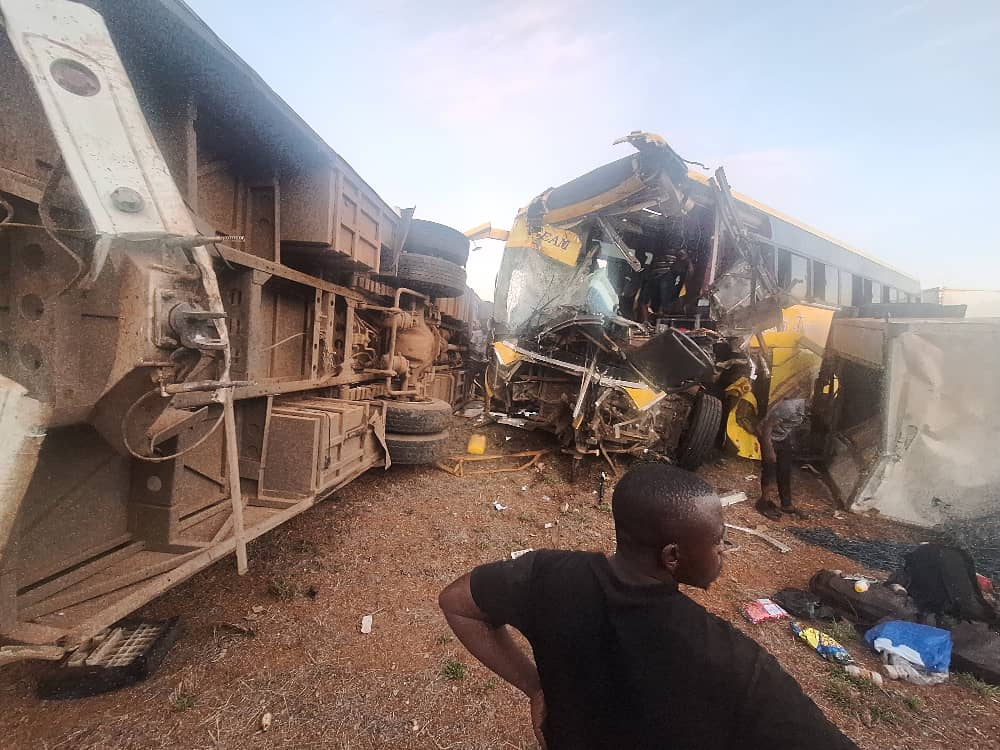HARARE – Zimbabwe grounded flights at its three main airports in Harare, Bulawayo and Victoria Falls on Friday morning after air traffic controllers went on strike over poor pay and safety concerns.
Planes were not being allowed to take off or land, although an early morning SA Airlink plane from Johannesburg was cleared to land at Joshua Mqabuko Nkomo International Airport in Bulawayo.
Passengers on a 7.20AM FastJet out of Bulawayo to Johannesburg were forced to disembark after the plane failed to get clearance for take-off.
At around 9AM, two planes – one operated by FastJet and another by South African Airways – were stranded on the runway at the Robert Gabriel Mugabe International Airport in Harare.
Businessman Wicknell Chivayo, a passenger on the SAA flight, told ZimLive from the plane: “We’re just sitted here for the past two hours, food has been served.”
Moments later, he said they had been told to disembark. On the plane were several guests flying to Johannesburg to attend a weekend wedding of the daughter of exiled former cabinet minister, Saviour Kasukuwere, among them the political maverick William Mutumanje, also known as Acie Lumumba.
Lumumba tweeted: “I’m on SAA flight to Joburg and we have been informed that airport staff have enforced strike. Business class is full of investors shaking their heads, and G40 members going to Kasukuwere daughter’s wedding.”
A private jet normally hired from Dubai to fly President Emmerson Mnangagwa or his deputy Constantino Chiwenga was allowed to take off shortly after 8AM. With Mnangagwa due to officiate at an event in Norton, it was not clear if Chiwenga was a passenger on the Airbus A318-112 (CJ) Elite owned by Royal Jet.
Civil Aviation Authority of Zimbabwe (CAAZ) spokesperson Anna Julia Hungwe told ZimLive: “We are having a technical problem affecting Air Traffic Control and we are in place to find solutions to it.”
One airport official in Harare who spoke to ZimLive on condition they were not named said Air Force of Zimbabwe air traffic controllers had been dispatched to the control tower, but the striking air traffic controllers barricaded themselves inside.
“They sent a message to the pilots of the planes that wanted clearance to take off that ‘no US dollar, no flights’. It seems they want to be paid US-dollar pegged salaries. They say their job is extremely difficult because of the antiquated radar equipment they have, and their salaries must reflect this terribly stressful working environment,” the official said.
It is the second time that the air traffic controllers have gone on strike in as many months.
Late last month, planes were grounded until mid-morning. Then, CAAZ officials made promises which the air traffic controllers now say were not met.
Air traffic controllers sometimes use their personal mobile phones to communicate with pilots taking off from Zimbabwean airports – placing passengers and crews in danger, according to the Air Traffic Controllers Association of Zimbabwe (ATCAZ).
The union said last month that air traffic controllers were poorly paid and most are “struggling to make ends meet” which has forced them to work more than the internationally-recommended hours, “disregarding mandatory rest periods.”
The radar system at the Robert Gabriel Mugabe International Airport malfunctioned nearly five years ago, and the ATCAZ says it highlighted concerns over the “continued deterioration in air navigation communication performance” in September 2017 and May 2019 which the government ignored.
“There have been several cases in which there was total loss of Air Traffic Services, air-to-ground communications in the upper airspace,” ATCAZ said in an October 29 letter.
There had been a complete communication blackout on four days this year – September 25, September 29, October 16 and October 18.
Describing the situation as “chaotic and dangerous”, ATCAZ warned that air traffic controllers were “incapacitated” to stop a mid-air collision from taking place.
Zimbabwe’s main airport, said ATCAZ in their damning letter, has no reliable two-way radio communication system “which is a requirement even in the least restrictive of airspace classes.”
The RGM International Airport is currently undergoing a Chinese-funded US$150 million upgrade to modernise it and boost its annual passenger handling capacity to six million from the current 2.5 million
The government says as part of that upgrade, the airport will be getting an advanced air traffic control system – but that will not be ready for another two years.

